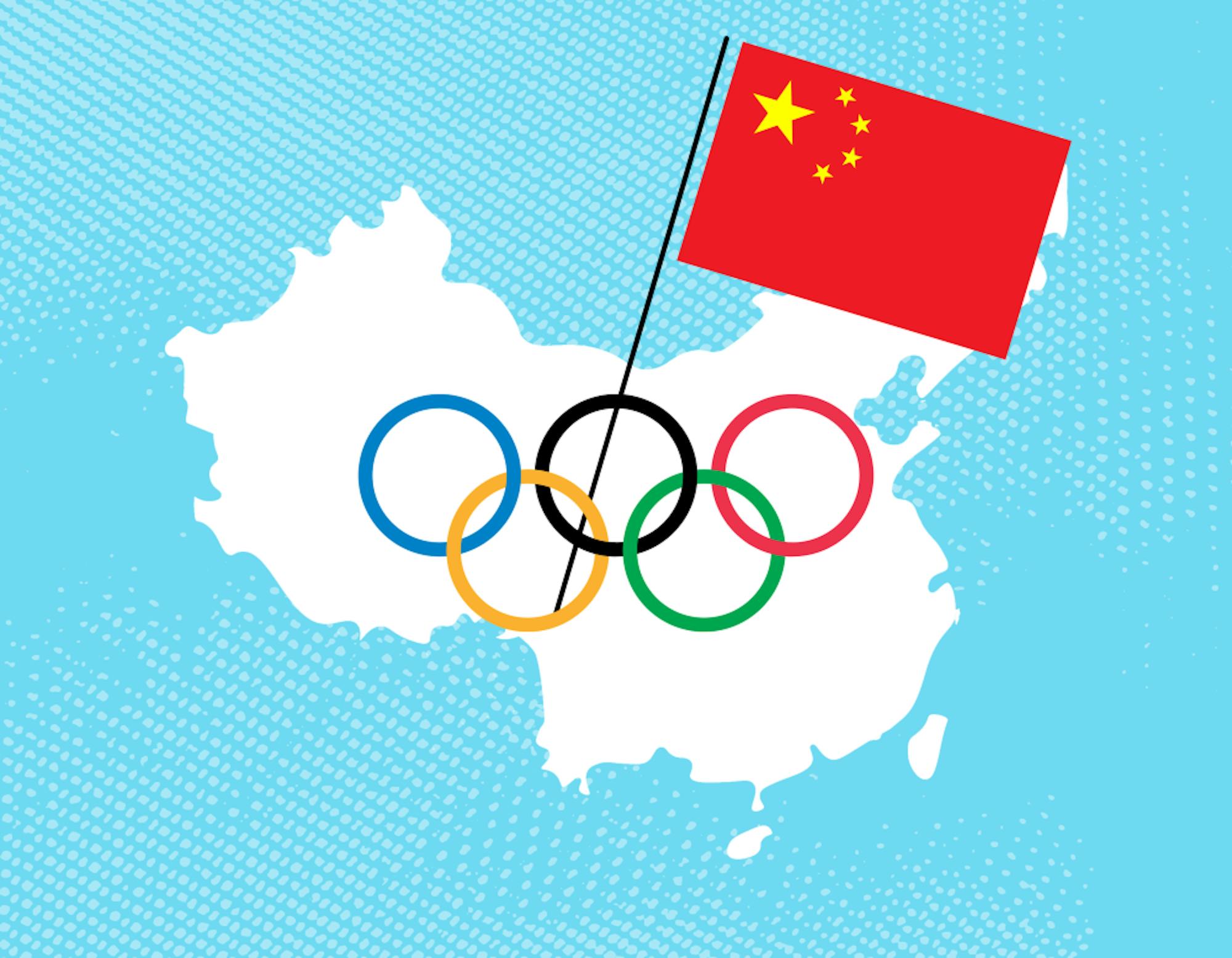The esteemed 2022 Winter Olympics are being hosted in China: a nation known for its strong military power, authoritarian-like command over its vast population and confrontational stance towards the West. The People's Republic, under General Secretary Xi Jinping's authority, has maintained tense relations with the United States over economic trade, technology production, its violent persecution of the region of Hong Kong and its threats towards Taiwan.
Recently, however, the spotlight has shifted towards Peng Shuai, a Chinese tennis star who has won 25 titles and competed in three Olympic games. Controversy was sparked regarding Shuai after she released astatement claiming a Chinese Communist Party official sexually assaulted her, which was followed by a sudden hiatus from social media and eventual withdrawal of her original statement weeks later. Concerns have arisen over the suspicious circumstances of her retractions, taking into account China’s history of silencing individuals that speak out against the nation. China’s considerable economic and military power allows the government to threaten or extort individuals — and even other countries. Oftentimes, these tactics do not receive any opposition because many nations are afraid to break diplomatic and economic ties with China.
After Peng Shuai seemingly disappeared for weeks after her accusation, the Women’s Tennis Association canceled all tournaments and events in China over the uproar her disappearance brought out. After theories spread over the whereabouts of Peng Shuai and China’s methods of silencing her, IOC President Thomas Bach and the French publication L'Equipe each held interviews with the tennis star in which she denied her prior accusations of sexual assault and reportedly claimed to be safe. She urged people to let the situation go, maintaining that she had never explicitly claimed that she had been sexually assaulted and denied that she had disappeared after the allegations were made. Although people around the world were still highly suspicious, the story slowly died down and Peng Shuai vanished once more — until the Australian Open.
Supporters of Peng Shuai and the #MeToo movement took to the Grand Slam tournament with a banner and shirts that read “Where is Peng Shuai,” a political protest that demonstrated public support for her and criticized the Chinese government. The organizers of the Australian Open immediately banned these shirts over fear of counteraction from Chinese corporate sponsors, but reversed their decision days later after facing increasing pressure from professional tennis players and tennis fans.
The media coverage and uproar of Peng Shuai’s case reached another high during the 2022 Winter Olympics. Many individuals wondered why China was still set to host the Olympics, especially with the Peng Shuai controversy and their recent alignment with Russia. China has taken up no public responsibility in this case, deciding to work behind the scenes to censor Peng Shuai and limit conversations on this topic in China instead. They have limited activity on her social media accounts, temporarily blocked keywords like ‘tennis’ from the internet and have even likely created bot Twitter accounts to maneuver the conversation away from Peng Shuai. China’s use of silencing tactics and fear-based coercion has gone on too long without repercussions. Without global consequences, China is able to continue their propaganda and the endangerment of their citizens. Even now, they have tried to prohibit talk of the Tiananmen Square massacre and Taiwan. Frustrations over China’s actions have been growing as of late, but as of right now, China seems to be untouchable in most situations short of another country starting a war.
What is more productive to consider, however, is what this situation means for victims of sexual assault. As more of these cases pop up, it appears that sexual assault allegations have been and still are pushed under the rug by people in power. Peng Shuai’s case caught traction because it is one of the few instances where an individual has had the courage to speak out against the communist government. More often than not, it takes multiple women to come forward for there to be a public outcry. A prominent example of this is the abuse that many USA gymnasts faced at the hands of Larry Nassar. It often takes decades of a repeated offense for allegations to be taken seriously — one woman’s story is rarely enough to bring justice in cases of sexual assault, particularly when the perpetrator is in a position of power. This must change. Athletes, especially those competing in the Olympics, are representatives of the best a country can offer and they often spend their whole lives training for the day they get to compete on a big stage. For a country to abuse and silence their athletes is abhorrent, and it is time for all countries — not only China — to support and hear the people who are survivors of abuse.






